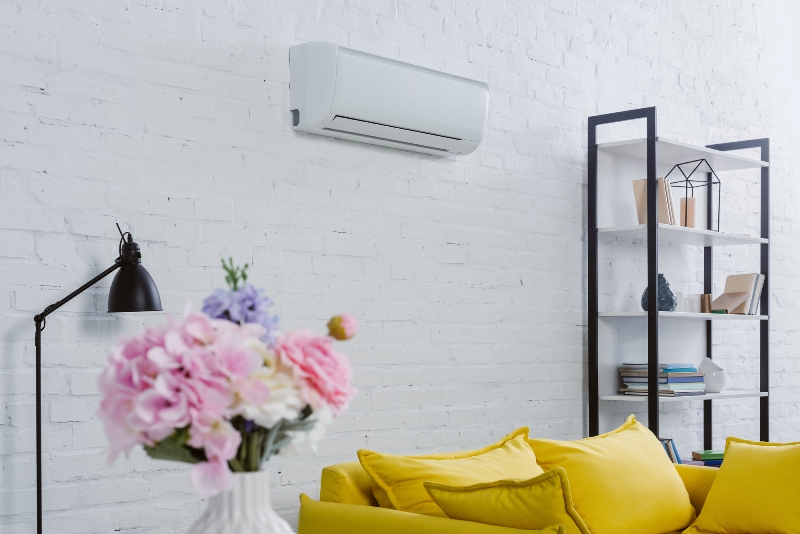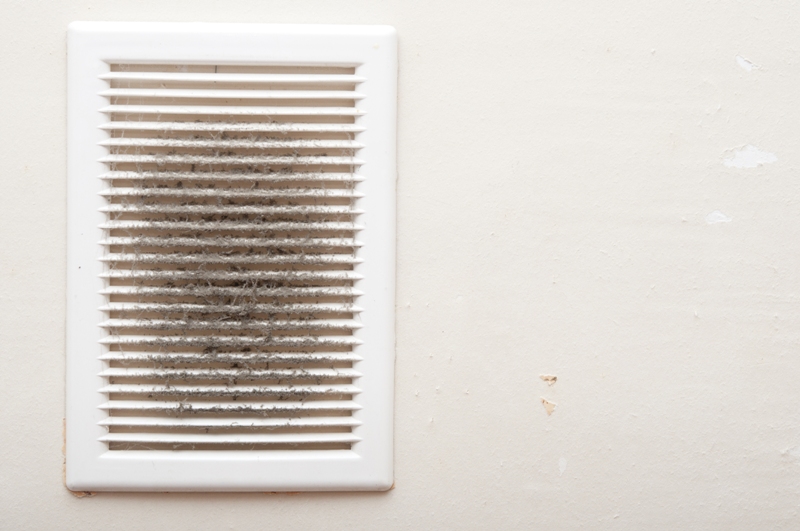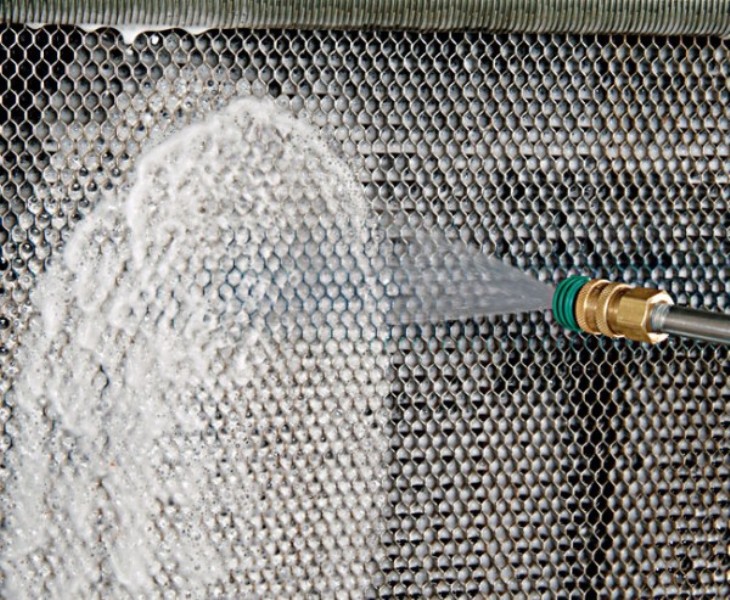Many household allergy symptoms can be traced back to your HVAC system. If you suffer from an AC allergy, here’s what you need to know…
The United States reported more than 7.1 million cases of respiratory allergies in the last 12 months. These numbers form part of the 12 million physician office visits by Americans due to allergy-related concerns.
ACs play an essential role in the home setting, but it would surprise you that most of the respiratory allergies people grapple with are associated with air conditioning.
Do you feel suddenly unwell and develop flu-like symptoms each time you come home or from other indoors settings where the ACs are on? You could be suffering from an AC allergy.
Most people do not realize that ACs actually cause allergies. Could you be wondering how possible this is? Here’s what you need to know about ACs and allergies.
Is Your HVAC to Blame?

A home HVAC system ensures that air moves throughout your space to either offer cooling or heating. This is a critical function in most homes, primarily because of the annual seasonal weather variations. This heating and ventilation equipment is responsible for regulating the house’s temperature and guaranteeing your comfort.
Nevertheless, as the HVAC blows the air throughout the space, there’s also the risk that it may end up spreading allergies in case the HVAC system is contaminated. Such flu-like symptoms may escalate over time, causing a need to seek medical attention.
AC allergy is easy to detect because it manifests each time you are in air-conditioned spaces. The bad news is that you may need to seek further medical reviews to confirm that indeed your symptoms are due to the AC. However, the good news is that you can take specific actions to rid your system of the possibility of contamination.
Possible Causes of AC Allergies
The AC is not the cause of your allergies. Rather there could be specific contaminants causing the AC to spread the allergens.
1. Mildew and Mold
Mold and mildew thrive in damp and dark settings. ACs may present such a favorable environment for these to grow in cases where maintenance is not a priority. Your AC may be collecting condensation and humidity, thereby offering a favorable environment for mildew to thrive.
Such mildew and mold accumulate around the AC system over time. Your air conditioning unit then blows the contaminants into space, inadvertently causing the allergies.
2. Dust Could Be a Factor

Your home is susceptible to dust over time, even when you take extra measures to ensure top-notch cleanliness. Unfortunately, even when cleaning around, most people consider AC the last place they would consider dusting. Yet on an ordinary day, the surfaces around the AC attract a significant level of dust.
Dust is a combination of a variety of impurities. These impurities include dust mites, dead bugs, pollen, and bacteria. Most of these components are miniature and can only be observable through microscopic assessment. But when these particles accumulate around the surface of the AC, they’ll be blown all over your space.
As soon as the AC is on, the likelihood of breathing in contaminated air more than doubles. Have you been wondering why you seem to develop flu-like symptoms every time the AC is on? Well, the problem could be emanating from the dust.
3. Stagnant Air
Sometimes the microbes and pollutants that lead to allergies accumulate in the air around. Most of the American homes have comprehensive insulation to keep the house cozy and warm. While this is a critical step, especially during winter, it may pose particular challenges when trying to keep the internal air composition safe.
If you run the air conditioner under such unique circumstances, the risk of developing allergies may be overly high. If such pollutants and contaminants accumulate, then they end up being part of the stagnant air. The fact that the air conditioner blows this stagnant air means that you may end up breathing in the air, causing the allergy concerns.
4. Pet Dander and Pollen
The air your breath inside your home is not always high-quality. As such, every manner of pollutants can end up building around the ACs.
Have you been experiencing flu-related symptoms lately? If there are pets in your home, then the pet dander may have ended up entering the HVAC system. If this is the case, you will likely have allergies as a reaction to the air contamination in the house.
Reducing the Risk of AC Allergies
Now that you understand the probable causes of that allergic reaction you are having, how can you reduce the risk of AC allergies?
1. Regular Cleaning of the HVAC

One of the easiest ways of dealing with Ac allergy is to schedule maintenance as often as possible. The approach ensures that the system undergoes cleaning as regularly as is practically possible.
Regular cleaning helps you deal with fungi, molds, and dust mites, thereby reducing the risk of allergies. In the case of an HVAC failure, you can rely on the professional input of experts who can help you repair and clean the AC.
2. Invest in Allergen Trapping Techniques
As noted, allergens are the leading cause of AC allergy common in most American homes. However, you can invest in AC systems with the capacity to enhance allergen trapping. Such techniques include the use of ultraviolet light to filter allergens.
3. Clean the Ductwork
If your ductworks are moldy, dusty, or have mildew, you may stand the risk of contamination. One of the easiest ways to reduce the risk of allergies is by cleaning the ductwork. Once the ductwork is clean and mold-free, you will reduce the risk of contamination significantly.
4. Faulty Air Filters May Be the Course of the AC Allergy
The air filters on the AC play a critical role in cleaning the air that enters the system. The risk of allergies doubles when such filters are dirty or worn out.
Could the dirty air filters be the cause of the poor air quality in your home? You can either clean the air filters or replace the air filters all together.
Your AC Ought to Be the Source of Comfort, Not Health Complicatio
ACs are in place to enhance the level of air quality at home. But often, these installations become the reason for adverse health outcomes due to AC allergy. However, with the right HVAC maintenance and repairs, your home’s air quality will improve, and allergies will be a thing of the past.
Explore on for more insightful content.




